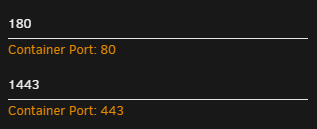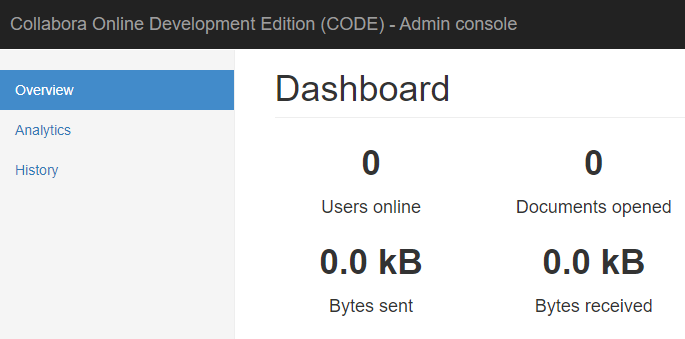i don’t want to necro other closed or unanswered topics so i am making a new topic that seems to combine a few different problems i have seen on here. and i will provide as much information as i can to see if this combination of problems can be solved.
and i do realize that the problem MAY not be nextcloud itself.
first, i have opened ports on my router to support all installs
a dedicated docker network was created for internal dns crosstalk called proxynetEDIT
All docker containers are in the proxynet docker network

i am running unraid 6.7.2 with latest docker, i am running all of the appliances needed as docker form.
docker-letsencrypt - linuxserver/letsencrypt repo = functional

http validation is selected
Certificate exists; parameters unchanged; starting nginx
Starting 2019/12/30, GeoIP2 databases require personal license key to download. Please manually download/update the GeoIP2 db and save as /config/geoip2db/GeoLite2-City.mmdb
[cont-init.d] 50-config: exited 0.
[cont-init.d] 99-custom-files: executing…
[custom-init] no custom files found exiting…
[cont-init.d] 99-custom-files: exited 0.
[cont-init.d] done.
[services.d] starting services
[services.d] done.
Server ready
docker-nextcloud - linuxserver/nextcloud repo = functional
*nextcloud’s setting for collabora is set.

docker-collabora - collabora/code repo = functional-port9980

now, everything being installed, running and mostly functional, i look at the docker of nextcloud logs, here’s the end:
[cont-init.d] 10-adduser: exited 0.
[cont-init.d] 20-config: executing…
[cont-init.d] 20-config: exited 0.
[cont-init.d] 30-keygen: executing…
using keys found in /config/keys
[cont-init.d] 30-keygen: exited 0.
[cont-init.d] 40-config: executing…
[cont-init.d] 40-config: exited 0.
[cont-init.d] 50-install: executing…
[cont-init.d] 50-install: exited 0.
[cont-init.d] 60-memcache: executing…
[cont-init.d] 60-memcache: exited 0.
[cont-init.d] 99-custom-files: executing…
[custom-init] no custom files found exiting…
[cont-init.d] 99-custom-files: exited 0.
[cont-init.d] done.
[services.d] starting services
[services.d] done.
no errors, though there is a warning about a diferent version of luajit.
now a look at collabora’s logs:
wsd-00029-00029 2020-01-09 23:55:12.686029 [ loolwsd ] INF WSD initialization complete: setting log-level to [warning] as configured.| wsd/LOOLWSD.cpp:3435
wsd-00029-00035 2020-01-09 23:57:05.384006 [ websrv_poll ] ERR Socket #21 SSL BIO error: error:14094416:SSL routines:ssl3_read_bytes:sslv3 alert certificate unknown (0: Success)| ./net/SslSocket.hpp:291
clearly there is an issue communicating, this part of the log happens when there is an attempt to edit/create a file.
and then nextcloud spits out this error after the attempt:
The webpage at https://collabora.redacted.co:9980/loleaflet/3d7bdc4/loleaflet.html?WOPISrc=https%3A%2F%2F192.168.1.5%3A444%2Findex.php%2Fapps%2Frichdocuments%2Fwopi%2Ffiles%2F14_oc1iblwmjpn6&title=About.odt&lang=en-en&closebutton=1&revisionhistory=1 might be temporarily down or it may have moved permanently to a new web address.
the plus side is that nextcloud doesn’t give a notification that it couldn’t start collabora.
as for any config files, i can provide them as needed since this post is already long enough but any help would be appreciated.
thank you in advance

